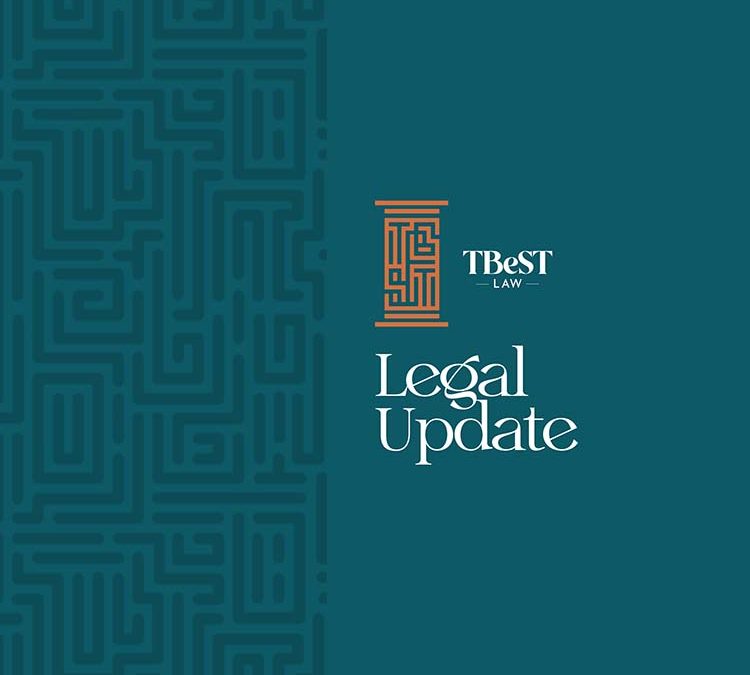ACSO’s New Directive on Registering and Administration of Foreign Charitable Organizations
Sisay Habte
The Authority for Civil Society Organizations (ACSO) Directive No. 986/2024 is one of the more recent directives issued by the Authority for Civil Society Organizations (ACSO). The Directive provides for the requirements for the registration and administration of foreign organizations. This directive represents a comprehensive effort to streamline existing procedures outlined in the CSO Proclamation and the Authority’s practices, while also introducing clarifications and additional regulation aimed at enhancing the registration and administration process for foreign organizations. In this brief update, we will focus on some of the changes introduced by the Directive.
Defining Restricted Activities: While the Directive refrains from directly defining lobbying, it offers crucial definitions regarding exerting influence on political parties and engaging in voter education or election observation. Furthermore, the provision allowing charities to engage in restricted activities upon government invitation provides clarity and flexibility.
Support letter: According to the CSO Proclamation as well as the Directive, one of the documents required for registration is a support letter. The Directive does not clearly indicate who should issue the support letter required for the registration of a foreign organization in Ethiopia. Proclamation no. 1113/2019 indicates that a support letter should be issued by the embassy or consulate of the jurisdiction where the organization originates. Clause 10/2/ of the Directive further creates confusion by implying that support letters are authenticated by the Ethiopian Embassy. This ambiguity is noted in both the Amharic and English versions of the Directive. In practice, as the support letter is issued by the Embassy, it doesn’t require authentication. The Directive, additionally, fails to address how the support letter is to be submitted to the ACSO. In practice, this has been a significant challenge as embassies in some jurisdictions hand over the support letter to the applying foreign organization while others send the document to the ACSO via the Ministry of Foreign Affairs, which leads to significant delays. There needs to be a standardized practice in this regard.
Document Authentication: Article 10 of the Directive outlines requirements for document authentication during the registration process. The Article provides that if each document to be authenticated is more than one page and they are inseparable, they must be authenticated on the first page, or if they are not inseparable, each page must be authenticated for its authenticity. The provision lacks clarity, potentially leading to misinterpretation by Authority officers regarding proper authentication methods.
Name Approval: Provisions regarding name approval raise questions regarding the necessity and nature of licenses for registered names, with ambiguity surrounding whether a resolution from the parent company suffices. Clarification in this regard would enhance procedural clarity and ease of compliance.
Registration Fee: The directive introduces various payment modalities for registration fees, including utilizing the ACSO’s bank account, a notable improvement over previous practices. However, while this streamlining effort is commendable, the requirement to document the exchange rate used for fee conversion remains, suggesting room for further simplification. The ACSO should strongly consider having a foreign currency account into which fees can be paid by foreign organizations directly. This will help avoid any exchange documentation issues while helping the Authority generate foreign currency for the country.
Bank Accounts: Article 15/2/ introduces the possibility of charities having both foreign currency and ETB accounts for each project. However, practical implementation may face challenges, particularly due to National Bank regulations limiting the number of foreign currency accounts permitted per organization. Additionally, clarification on the types of foreign currency accounts permitted would alleviate the longstanding confusion as to what type of foreign currency account a charitable organization may have.
Assets of Liquidated Companies: A notable departure from previous provisions, the Directive dictates protocols for transferring assets of liquidated foreign companies, potentially leading to interpretation issues. According to the Directive, a foreign organization in the process of closing down fully or closing a project, may transfer all or part of the goods or materials to indigenous companies doing the same work or to another project under its authority as a gift or hand it over to the authority. The clause fails to indicate whether the foreign organization can decide to transfer its assets to other foreign organizations engaged in a similar project. The discrepancy between the Directive and prior regulations raises concerns regarding the implementation and practicality of this provision.
In conclusion, while Directive No. 986/2024 represents a commendable effort to enhance the registration and adminsitration of foreign charitable organizations in Ethiopia, certain ambiguities and discrepancies necessitate further clarification and standardization to ensure smooth implementation and compliance.


